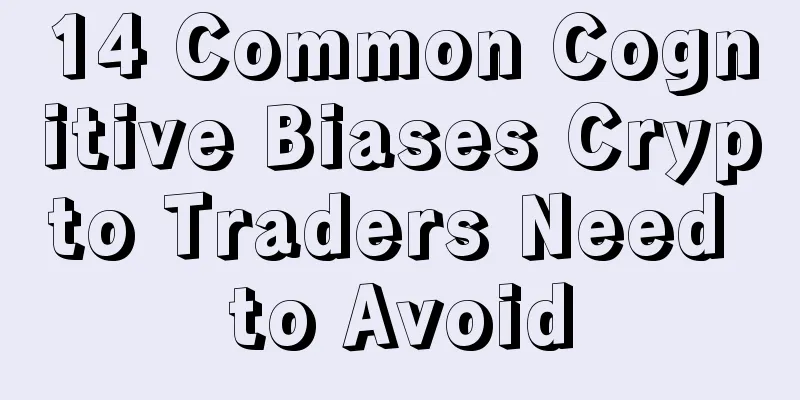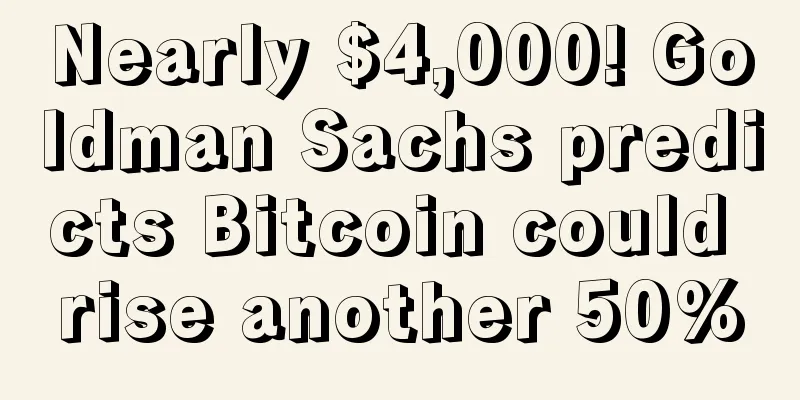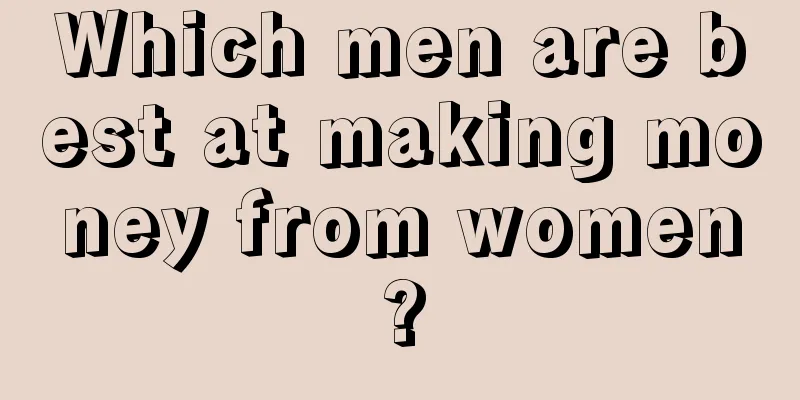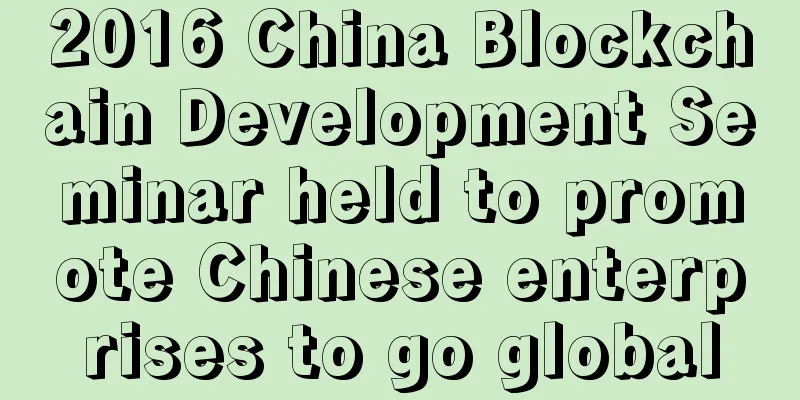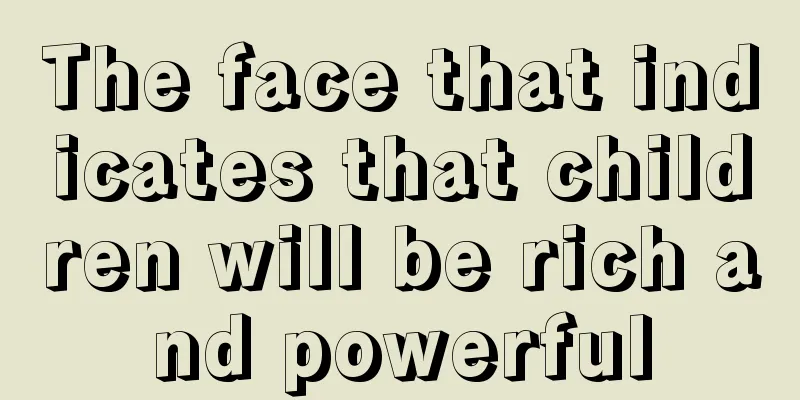Programmable Economy + Internet of Things + Bitcoin will change the future world
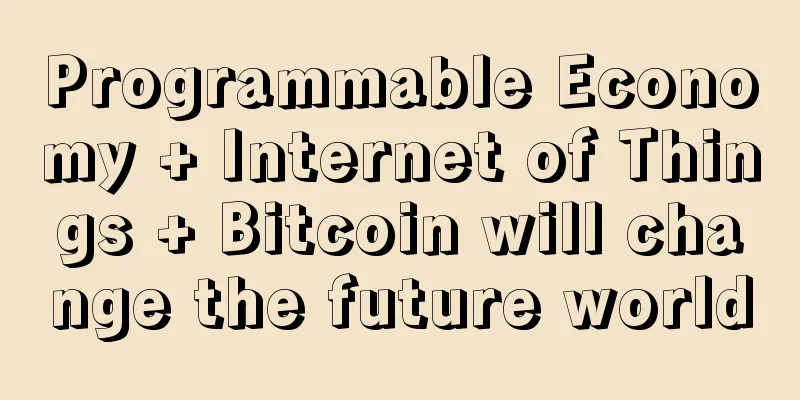
|
Many signs indicate that our society is on the threshold of a comprehensive technological revolution. One of the changes is the advent of the "programmable economy" era. "Programmable economy" is a concept proposed by Gartner, reminding decision makers and business leaders that profound changes in the global economy are coming. In this context, the concept of the Internet of Things (IOT) has become increasingly popular. In the world of the Internet of Things, all devices that are connected can conduct financial transactions, but the first thing we need to do is to reshape the current monetary system. Gartner reminds us that the success or failure of the "programmable economy" will depend on whether it can achieve the "monetization" of all things or assets. Bitcoin helps realize the “monetization” of all assetsOf course, the full potential of the "programmable economy" cannot be realized with current technology alone. The current transaction payment system is outdated, cumbersome and expensive. Therefore, we need to reshape these outdated payment systems. In fact, we need a completely new business revolution. According to Gartner's definition, the "programmable economy" is the result of the combination of intelligent technology and the distributed computing resources of blockchain. The "programmable economy" represents a large-scale transformation of the global economic system. David Furlonger from Garnet believes a radical change is needed, highlighting that "monetization" is a key missing piece in the Internet of Things (IoT). He predicts: "The success of the IoT will depend on a new economic platform and monetary operating model. The monetization of any object or asset will redefine our current economy." Observing the relevant properties of Bitcoin, we can find that it is very suitable for the need of change. Bitcoin blockchain technology can provide transparency, integrity, decentralization and flexibility, and has low transaction costs and high efficiency. Programmable Economy and BlockchainRay Valdes, research vice president at Gartner, explains that the concept of a “programmable economy” can be further defined as “a comprehensive set of solutions built on a digital currency platform that incorporate entities into a full range of programmatic structures, including smart property, self-executing contracts and decentralized autonomous enterprises.” At the Gartner Symposium held in Orlando, Florida in October 2015, the concept of the "programmable economy" was explained in a presentation introducing P2P digital currencies and meta-coin platforms. The Gartner team believes that the metacoin platform helps realize the "programmable economy". Metacoins is a competitive coin developed based on the Bitcoin protocol. Of course, Bitcoin and blockchain technology, which are superior to other existing competing coins and competing chains, are even more unmissable. In fact, Bitcoin's inherent security and anonymity combined with other technologies, especially anonymous communication technology, can provide efficient personal data protection for all participants in the "programmable economy". IoT and BitcoinIn addition, Gartner has proposed another concept - digital business: "Creating new business designs by blurring the boundaries between the digital and physical worlds." Digital business between people is dynamic, and there is interaction between business and the Internet of Things (IoT). In this new environment, digital business can become even more unique with the proliferation of the Internet of Things, which covers all types of electronic devices that are interconnected, most of which will be able to handle frequent, small transactions. In fact, Bitcoin and blockchain have attracted many executives and investors in the financial industry. In recent times, we have seen heavyweight entrepreneurs join the Bitcoin ecosystem, and at the same time, venture capital has continued to flow into the Bitcoin industry. According to Tomasz Tunguz, Bitcoin was the fastest growing industry in the startup field in 2015. "Recently, a blockchain technology startup R3 CEV has joined forces with nine major banks in the world to create a set of standards for the use of blockchain technology, including JPMorgan Chase, Commonwealth Bank of Australia, BBVA, Barclays, Goldman Sachs, UBS, Royal Bank of Scotland, Credit Suisse, and State Street. Putting aside the post-Bitcoin era, as Gartner said, Bitcoin and blockchain technology are indeed closely related, especially the ability to conduct small transactions at a lower cost. Bitcoin and microtransactionsSince Bitcoin has the ability to process small amounts at a low cost, it is very suitable for integration with IoT devices as a decentralized payment solution for IoT devices. In this regard, the Bitcoin field is also constantly innovating in technology. For example, TilePay In partnership with Cryptotronix, a free app was launched to enable decentralized payments for IoT devices using Bitcoin. “Tilepay has an interesting feature that allows for micropayments to be used to pay for real-time access to IoT sensor devices,” said Josh Dakto. A recent example of innovation in Bitcoin micropayments is the 21 Bitcoin Computer. The 21 Bitcoin Computer includes a built-in 21 mining chip, allowing users to easily buy things with Bitcoin. It also has a built-in 21 micropayment server, allowing users to easily sell things for Bitcoin. Wearable technology is also a rapidly growing component of the Internet of Things. Since wearable technology can be connected to the Internet, it can also exchange data and make payments. Bitcoin also has innovative payment applications in the field of wearable technology, such as EAZE's payment application. This is a wearable electronic wallet that uses Google Glass technology and allows users to pay with Bitcoin just by nodding their heads. Integration with the Internet of Things is a major innovative application area for Bitcoin and blockchain technology. To successfully transition to a programmable economy, it is necessary to establish a more flexible, easier to manage, international and low-cost global currency. Bitcoin happens to meet all the attributes of such a global currency. Therefore, Bitcoin is the best choice for realizing a cashless, borderless and decentralized "programmable economy". Original article: https://news.bitcoin.com/programmable-economy-internet-things-bitcoin-transforming-future/ |
<<: Two cryptocurrency exchanges closed within 48 hours!
>>: Bitcoinpay.com Launches Bitcoin Payment Plugin for OpenCart
Recommend
What effect does light eyebrows have on a man's appearance?
Eyebrows are one of the five facial features. Com...
Does a mole on the edge of the ear represent good fortune?
Different moles represent different meanings and ...
What kind of people are unpopular?
1. People with bad eyebrows tend to be introverte...
Why are rich men prone to cheating?
Facial features: Why are rich men more likely to ...
What kind of eyebrows are best for women?
In physiognomy, eyebrows represent the mind and e...
The Divine Physiognomy of the Iron Knife (Volume 2) - Physiognomy of the Eyes, Nose, Mouth and Neck
"Shen Xiang Tie Guan Dao" covers four b...
Is it good-looking for a woman with apple cheeks? Are you blessed?
In today's society, apple cheeks are more popu...
Do you know what the characteristics of a woman who is unlucky in marriage are?
Some women are lucky enough to have their husband...
Why is it so important to participate in Filecoin?
01 What are IPFS and Filecoin When you first come ...
Filecoin miners dominate the charts, cheat on data, and form alliances to start an arms race
After the launch time of the independent network ...
What does a full forehead look like?
The name of the forehead in the twelve palaces of...
Who is most likely to be deceived?
Who is most likely to be deceived? 1. No cheekbon...
How to read the fortune of palm lines
Fortune is an indispensable thing in our lives. E...
Consensus 2017 Bitcoin Scaling Protocol: Segregated Witness and 2MB Scaling to be Deployed Simultaneously
May 23, 2017 We agree to immediately support the ...
What are the characteristics of a woman with a face that brings good luck to her husband? What kind of face will bring good luck to her husband?
Men all hope to marry a woman who can bring good ...

